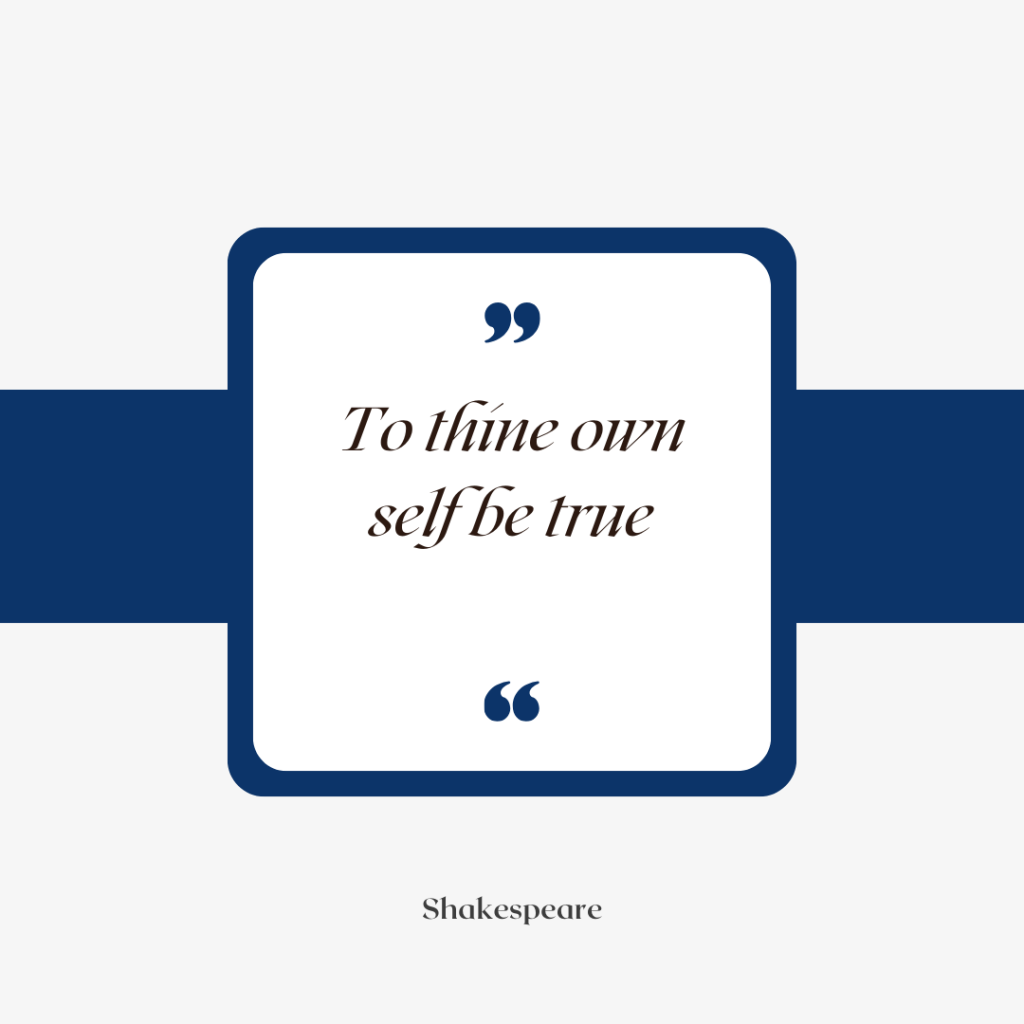Reflections on The Color of Law
What happens when your carefully constructed image of success begins to crumble? Mark Gimenez’s The Color of Law isn’t just a gripping legal thriller—it’s a profound exploration of identity and authenticity.
As I followed the story of A. Scott Fenney, a high-powered attorney whose fall from grace forces him to confront life’s most profound question—Who am I?—I found myself reflecting on the universal struggle to live authentically.
This was my first legal thriller. Thrillers aren’t something I read often, but this story lingered in my mind long after I turned the final page. Scott Fenney’s journey is about unraveling perfection: a well-respected partner at a prestigious law firm, a big house, a trophy wife, and a daughter he adored. Life seemed perfect—until it wasn’t. When Scott faced a life-altering moral dilemma and lost everything he held dear, his identity was put to the test. The facade he had carefully curated for the world fell apart, forcing him to question who he was versus who he had become.
Although the main character is a man, his struggle transcends gender. It’s a universal dilemma we can all relate to: the tension between living as our authentic selves versus presenting an image that aligns with the expectations of others—whether those “others” are colleagues, parents, friends, or society at large.
This story prompted me to reflect on what it truly means to live authentically. The phrase “authentic self” is used so frequently that it often loses meaning. But have we stopped to consider what it really represents?
In exploring this idea further, I conducted a little experiment: I searched the hashtag #AuthenticSelf on social media. To my surprise, 95% of the posts were made by women. Many posed questions about authenticity, sharing their struggles to remain true to themselves in various situations.
This begs an important question: Who are you authentic to?
Although we can and often do juggle multiple versions of ourselves, it’s impossible to live a double life forever. Sooner or later, life will demand that we confront our true selves—the part of us that answers fundamental questions like, What do I value? What do I genuinely care about? Yet, staying true to ourselves can be daunting.
The world often pressures us to conform to its expectations, urging us to adopt roles that may not align with who we really are. When we prioritize the approval of others over our own values, we lose touch with our core selves.
To be authentic, you must let go of the world’s image of you. Stop abandoning the actions and beliefs that align with how you truly want to live. Living someone else’s agenda makes you a reflection of their desires, not your own. And when you do this, it becomes harder to excel in life or feel fulfilled because you’re not operating from a place of truth.
But why is it so difficult to stay true to ourselves?
Psychologists suggest that the idea of the “true self” is intangible. It’s more of an abstract concept in our minds than something concrete. We often associate authenticity with meeting external standards or ideals, believing we’re our “best selves” when our behavior aligns with what society deems valuable.
Here’s the truth as I see it: Each of us is uniquely created. Our experiences, personalities, voices, and perspectives combine in a way that cannot be duplicated. There’s only one You. Embracing this uniqueness gives you the freedom to live authentically. It empowers you to be the best version of yourself, regardless of how others perceive you.

Shakespeare famously said, “To thine own self be true.” This means aligning your words, actions, and thoughts with the person you indeed are—not the person you think others want to see. It’s a powerful reminder that self-acceptance is the key to living authentically.
Reflecting on my journey, I can relate to the challenge of being true to myself. Not everyone has appreciated the person I am or the one I’ve become. I’m direct, assertive, and independent, willing to challenge the status quo and stand firm when things don’t align with my values. Being authentic hasn’t always been easy nor aligned with how others expected me to behave. But I’ve learned not to let that stop me.
Living life on my own terms has helped me cultivate a reputation I am proud of. When I look in the mirror every morning, I see a person I love and whose morals, beliefs, and actions align. I’m not ashamed to say to anyone, “This is who I am.”
Reaching this level of self-awareness and authenticity is empowering. It’s when you can genuinely say you’re living authentically.
- Have you ever struggled with balancing authenticity and expectations?
- How do you navigate the tension between being true to yourself and meeting the expectations of others?
This reflection is part of The Selful Bookshelf — where books aren’t reviewed, but experienced.



